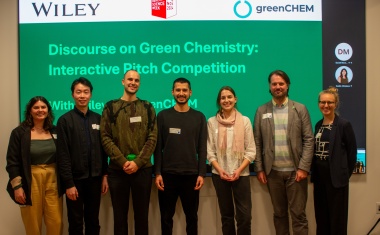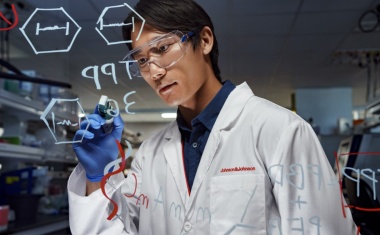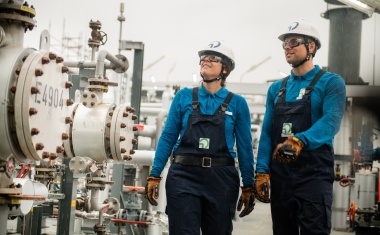A measure to require special labeling of genetically modified foods appeared virtually certain to qualify for the ballot in Washington state on Friday, two months after voters in California rejected a similar initiative.
Sponsors of the measure turned in petitions signed by an estimated 350,000 registered voters - at least 100,000 more signatures than required - on Thursday, a day ahead of deadline, said David Ammons, a spokesman for the Washington secretary of state.
The submission all but assures that the GMO-labeling initiative would be certified by the secretary and sent on to the state legislature, which could adopt the measure or leave it to a popular vote on the November 2013 election ballot, Ammons said.
The initiative would make Washington the first U.S. state to require that all genetically modified seeds used by farmers as well as food with genetically altered ingredients be labeled as such.
"This is not just a right-to-know issue. This is much bigger than foodies," said Trudy Bialic, a spokeswoman for PCC Natural Markets, a Seattle-based food cooperative pushing for the initiative's passage. "This is about preserving export markets."
Bialic said 62 countries either ban, restrict, or require labeling of genetically modified food, and that apple and wheat farmers in Washington would face a loss of exports if those products turned out to be genetically altered without being so labeled.
Currently the U.S. government allows only a handful of food crops to be genetically modified, including corn, soy, canola, sugar beets, yellow squash, zucchini and papaya.
And many popular processed foods -- including soy milk, soup and breakfast cereals -- are made with biotech crops whose genetic traits have been manipulated, often to make them resistant to insects and pesticides.
But the U.S. Food and Drug Administration determined in 1992 that labels are not needed for genetically modified crops that are "substantially equivalent" to conventional crops.
Producers of GMO crops insist they are safe, but some health, environment and consumer advocates cite studies suggesting they can be harmful both to the environment and to animal and human health.
On the federal level, a petition demanding the FDA require all genetically modified food to be labeled was started last fall and has gathered 1.3 million signatures, said Sue McGovern, spokeswoman for the effort, called Just Label It.
The FDA has yet to respond to the petition, she said. In the meantime, some activists are hoping to make their case at the state level.
If California is any guide, Washington state's pro-labeling campaigners faces an uphill battle.
California's Proposition 37, also known as the "Right to Know" initiative, was supported by more than 60% of likely voters in early polls. It sprang from a grass-roots effort in a state that has long led the way on a variety of environmental issues and has a growing organic and "local food" movement.
But backing for the measure crumbled in the face of a $46 million advertising blitz funded largely by seed company Monsanto, PepsiCo, Coca-Cola and other food and agriculture companies. The ads warned that the initiative would raise food prices and create a confusing set of rules for farmers and grocers.
The California initiative was defeated 53% to 47%.
Monsanto, which spent over $7 million to defeat the initiative, did not immediately respond to phone messages requesting comment on the Washington state initiative.
Bialic of PCC Natural Markets acknowledged that her side lacks the money it would take to achieve financial parity against the nation's largest food makers in an election campaign.
"There's no way we'll be able to outspend them," she said.
"This is a long battle. Sooner or later we're going to win, and we're hoping it's going to be in Washington."








